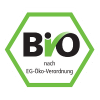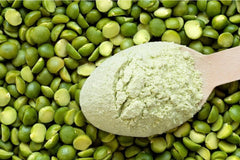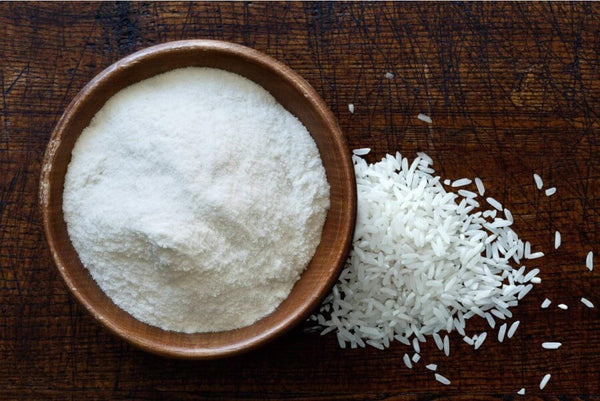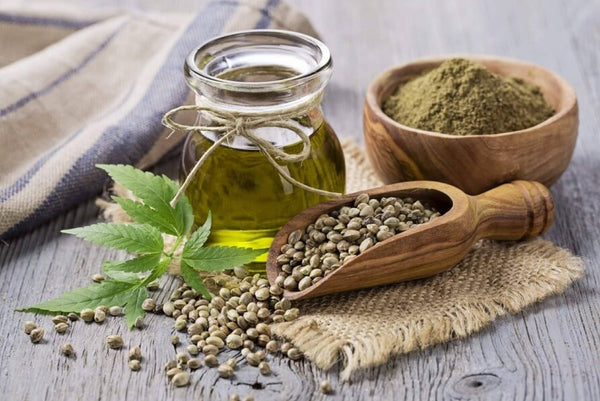What are the best plant-based protein sources?
The myth of the strong meat eater has been around for hundreds of years. However, more and more athletes and nutrition-conscious people are now switching to plant-based protein sources .
Numerous sports legends such as bodybuilder Arnold Schwarzenegger or soccer star Serge Gnarby, are already on a vegan diet and cover their protein requirements with plant-based protein sources.
In the following 2-3 minutes you will first get an overview of the best plant-based protein sources and then find out which vegan proteins are particularlysuitablefor athletes and nutrition-conscious people .
What are plant-based protein sources?
The number of plant-based protein sources is almost endless! Generally speaking, legumes, seeds and nuts in particular contain larger amounts of protein. "For example, 100 grams of pumpkin seeds have more protein than the same amount of red low-fat meat or chicken."


























